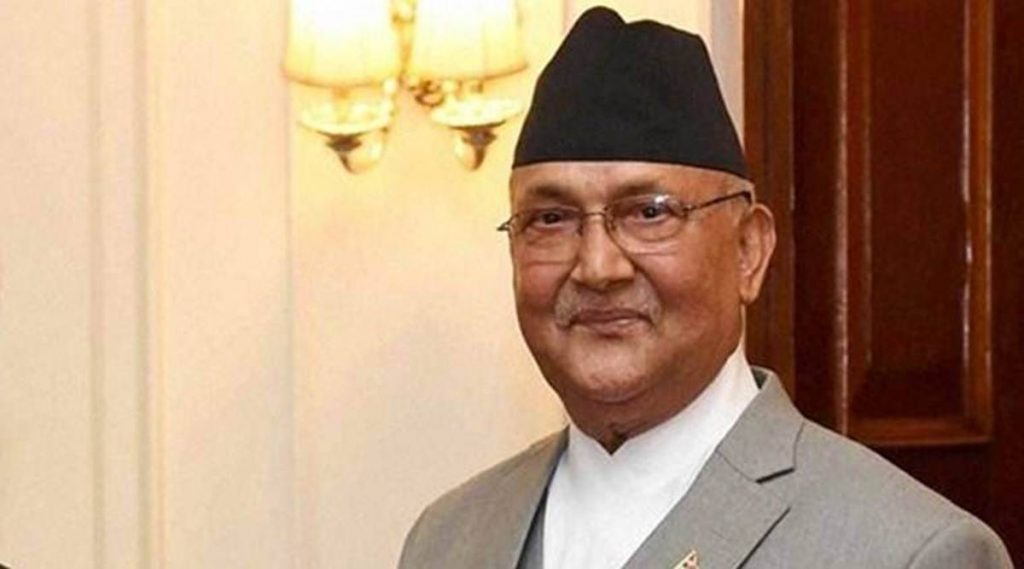Virendra Pandit
New Delhi: With the incumbent KP Sharma Oli losing a crucial trust vote in parliament, Nepal’s main Opposition party, Nepali Congress, has decided to stake a claim for the Prime Minister’s post, a day after the President called on political parties to form a new government by Thursday.
The NC’s decision came on Tuesday after the party, led by Sher Bahadur Deuba, got support from Nepal Communist Party Maoist Centre (CPN-MC) and expressed the hope to rope in the Janata Samajbadi Party-Nepal’s (JSP-N) lawmakers as well.
President Bidya Devi Bhandari’s office said on Monday that she has decided to invite parties to form a majority government pursuant to Article 76 (2) of the Constitution of Nepal.
The NC has 61 and the CPN-MC 49 lawmakers in the 271-member House of Representatives. The party will need 26 more lawmakers to form a coalition government led by it. The JSP-N, with 32 lawmakers, could play a key role in the formation of the government, local media reported.
“The JSP-N is divided on the issue. We hope it will support us in the formation of the government by the Thursday deadline,” NC Joint General Secretary Prakash Sharan Mahat told reporters after the meeting on Tuesday.
He said Pushpa Kamal Dahal ‘Prachanda’ who leads the CPN-MC, had assured the party his support in the formation of the next coalition government led by the NC.
After a pro-China Oli lost the trust vote on Monday, the NC, the CPN -MC, and a faction of the JSP urged President Bhandari to invoke Article 76 (2) of the Constitution to pave the way for the formation of a new coalition government.
The statute says in cases where no party has a clear majority in the House, the President shall appoint as the PM a member of the House who can command the majority with the support of two or more parties in the House of Representatives.
If the House fails to form a government as per Article 76 (2) or a PM appointed under this provision fails to win the vote of confidence within 30 days, the President shall invoke Article 76 (3), the Kathmandu Post reported.
In that case, Oli is likely to stake a claim to the government once again, the report said. Currently, he is the leader of a party with the highest number of members in the House. If appointed under the Constitution, he also needs to win the vote of confidence within 30 days from the date of the appointment.
Nepal plunged into a political crisis on December 20, 2020, after President Bhandari dissolved the House and announced fresh elections on April 30 and May 10, at the recommendation of PM Oli, amidst a tussle for power within the ruling Nepal Communist Party (NCP).
Oli’s move to dissolve the House sparked protests from a large section of the NCP led by his rival ‘Prachanda’.
In February, the apex court reinstated the dissolved House, in a setback to Oli who was preparing for snap polls.
Known for his pro-China stance, Oli had earlier served as the country’s PM from October 11, 2015, to August 3, 2016, during which Kathmandu’s ties with New Delhi had strained.
Oli said in Parliament on Monday that it was ‘unfortunate that a government that “tirelessly worked for the country’s development and nation-building” was being targeted for narrow and partisan interests.
Many senior leaders, including Deuba and ‘Prachanda’, blamed Oli for his failure to tackle the surge in Covid-19 cases over the last few weeks. They said “corruption and scandals” had blocked the supply of timely delivery of vaccines from India.

